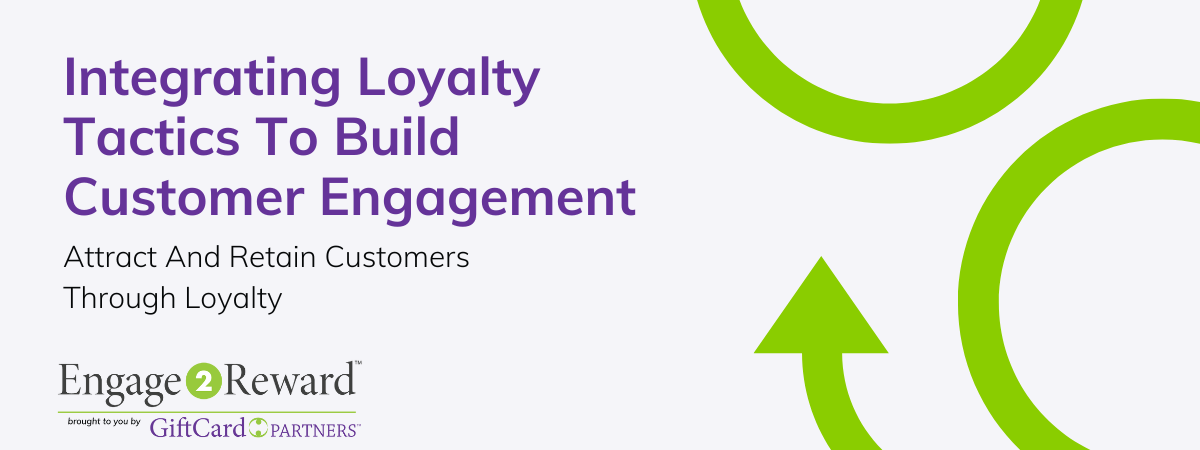In today's digital era, distinguishing insiders and outsiders within an organization is increasingly complex. This evolving landscape presents opportunities for brand ambassadors, positioning companies to excel on social media platforms, message boards, and blogs. Engaging employees fosters an environment where they naturally become positive brand representatives in online public spaces, effectively engaging consumers. Here's a comprehensive look at the crucial relationship between engaged employees, brand, and engaged consumers, along with actionable strategies:
- Develop Stronger Employee Relationships: 84% of employees who believe their employers value them report high job satisfaction. Utilizing spot rewards, like small denomination gift cards, can motivate employees continuously while showing you care about their satisfaction.
- Prioritize Customer Experience: Companies that have happier employees show 147% higher earnings per share than their competitors. Maintaining a customer-centric approach ensures positive brand exposure and a feeling of success among staff.
- Deliver on the Brand Promise: Focusing on the consumer brand experience yields positive public feedback, especially from employees. Aligning employees with the organization's brand promise fosters a deeper connection to their work and its impact.
- Encourage Employee Advocacy: Global audiences view employees as one of the most credible sources of information when forming an opinion of a company. Promoting both professional and personal advocacy among employees amplifies brand presence and credibility.
The integral link between employee loyalty and customer engagement cannot be overstated. While it seems that employee loyalty is only an internal issue, that isn’t the case. Engaging employees translates into lower staff turnover and more positive brand interactions, ultimately driving customer loyalty.
Employee loyalty is an external business issue because employee longevity, satisfaction, and loyalty are all inextricably linked to customer engagement and ultimately customer spending. Company culture specialist Melanie Frok describes three components of employee engagement and loyalty that are most critical to your business:
- Communication: Clearly communicate objectives, goals, and metrics for customer success to engage employees effectively. Successful employees contribute to successful businesses.
- Connection: Forge meaningful connections between employees and their work, as well as with customer relationships, providing employees with purpose. Intentionality in work leads to impactful outcomes and fosters longevity and loyalty among employees.
- Contribution: Emphasize the material contribution of employees to the company's success, igniting ambition and fostering employee loyalty. Recognizing employee contributions reinforces loyalty and commitment.
Business success is a flywheel of employee satisfaction feeding into customer loyalty. By integrating tactics that prioritize both employee and customer engagement, businesses can ensure sustainable growth and long-lasting relationships.
Our white paper Integrating Loyalty Tactics to Build Customer Engagement covers similar topics to help ensure your employee loyalty programs translate into consumer loyalty. Long, happy relationships with your employees will lead to long, happy relationships with your customers. Download the free resource below.










